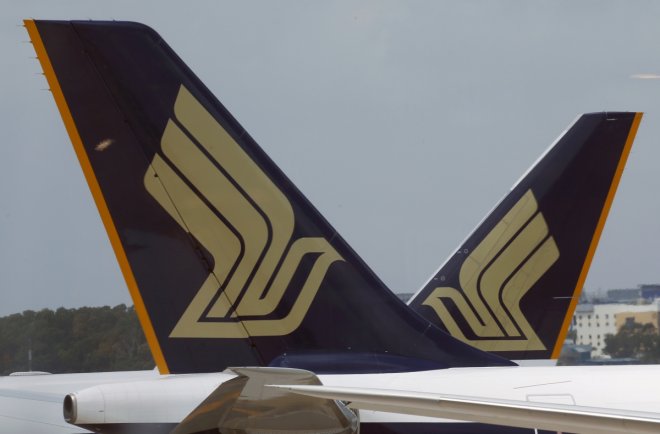
It will be expensive to go to Singapore next year as airfares and hotel prices are expected to clock in up to 3.9 percent increase
According to the Global Travel Forecast 2018 by Carlson Wagonlit Travel and the GBTA Foundation, airfares in Singapore are seen to rise by 3.9 percent next year. This will be driven by higher fuel oil prices, fare segmentation, and new long haul routes
This forecast is higher than the expected airfare increase in the Asia Pacific region, which is at 2.8 percent. This will be supported by the increasing domestic demand, particularly in China and India, and weaknesses in infrastructure leading to insufficient airport capacities.
Another reason for the uptick in airfares in Singapore is the opening of Changi Airport Terminal 4, which may alleviate capacity pressures but is also likely to lead to higher airport development fees.
Meanwhile, in terms of hotel prices, costs are expected to register a 3.2 percent increase, a smaller expansion compared to the rest of Asia Pacific.
According to the forecast, the consolidation among hotel groups may lead to fewer competitive price options, which is usually seen in more fragmented markets. This will contribute to the increase in hotel prices in high volume markets like in Singapore, Bangkok, Shanghai, and Beijing.
For the whole region, hotel costs are seen to reflect a 3.5 percent growth, due mainly to the demand from strong local economies. On the global scale airfares and hotel prices will balloon by 3.5 percent and 3.7 percent, respectively.
Carlson Wagonlit Travel CEO Kurt Ekert said the higher pricing of airfares and hotel prices is a reflection of the stronger economy and growing demand.
"The global numbers from this forecast should be considered strong leading indicators of what 2018 will mean for global businesses, as we anticipate higher spending," he said in a statement.
Meanwhile, GBTA Foundation Vice president of Research Jeanne Liu noted that geopolitical risks, uncertainties in emerging markets and ever-changing political environments in Europe and the United States are things that should be taken into consideration by travel professionals in building their travel programs.
"The most successful programs will have to keep a watchful eye on both geopolitical risks and a rapidly-changing supplier landscape as they re-evaluate strategy often and adapt as necessary," she said in a press statement.








